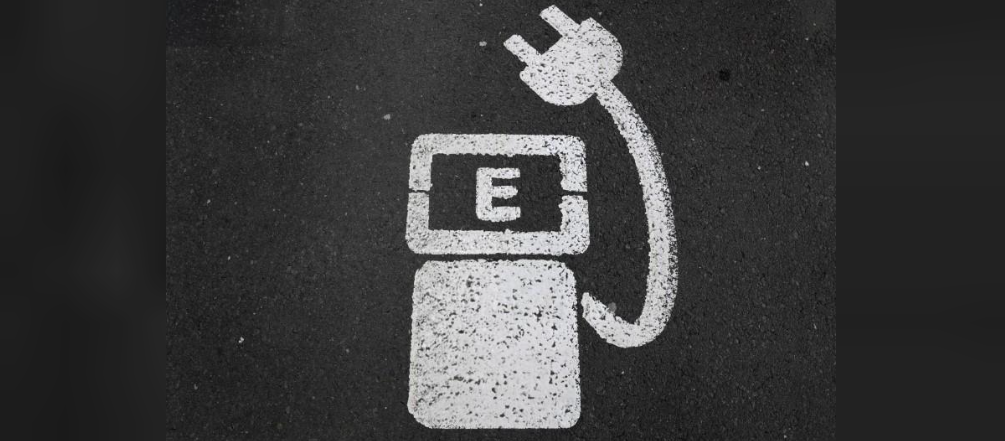The move could provide a significant boost to electric vehicle demand along with the broader stimulus plan which included taxes to penalise ownership of large polluting combustion-engined sports utility vehicles and a 6,000 euro subsidy towards the cost of an electric vehicle.
Germany’s announcement follows a French plan to boost electric car sales announced last week by President Macron.
“It’s a very clear commitment to battery-powered vehicles and establishes electric mobility as a technology of the future,” energy storage specialist The Mobility House, whose investors include Daimler (DAIGn.DE) and the Renault-Nissan-Mitsubishi alliance, said.
“Internationally this puts Germany in the leading group of battery electric vehicle support.”
As part of the government stimulus, 2.5 billion euros will be spent on battery cell production and charging infrastructure, a field where oil majors, utilities and carmakers, including Shell (RDSa.L), Engie (ENGIE.PA) and Tesla (TSLA.O), are vying for dominance.
Of the 168,148 new registrations in May, only 5,578 or 3.3% were electric cars according to German vehicle agency KBA.
Diego Biasi, chairman and co-founder in Quercus Real Assets said the German plan would provide a significant boost to electric vehicle adoption.
“We know that 97% of the reason why they’re not buying electric cars is range anxiety. The German move is a way to try and fix this range anxiety since it means you know a petrol station is always open.”
As of March 2020, Germany had 27,730 electric car charging stations according to BDEW, Germany’s association for the energy and water industry.
To achieve a mass market for electric cars, at least 70,000 charging stations and 7,000 fast charging stations are required, according to BDEW.
Electric vehicle performance has improved by around 40% in the past decade, thanks to improvements in battery pack design and cell chemistry.
A similar improvement in fuel efficiency of gasoline powered cars has led to a reduction in the number of petrol stations. According to roadside assistance association ADAC, the number of petrol stations has fallen to 14,118 in 2020 from 40,640 in 1965.
Reporting by Edward Taylor and Christoph Steitz in Frankfurt an Stephen Jewkes in Milan; Editing by Michelle Martin and Elaine Hardcastle











